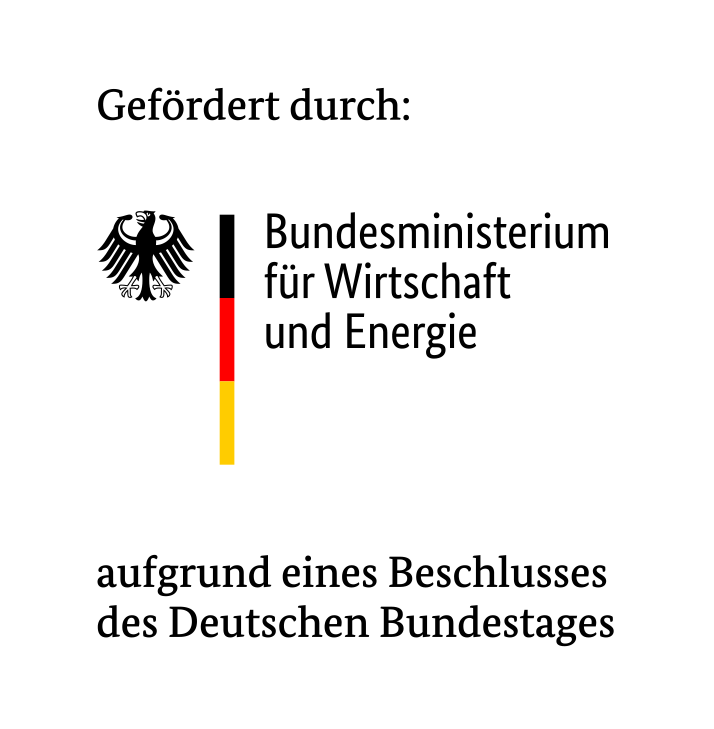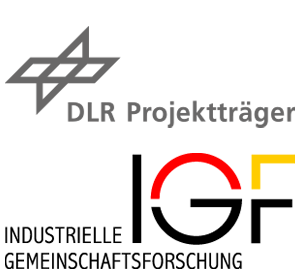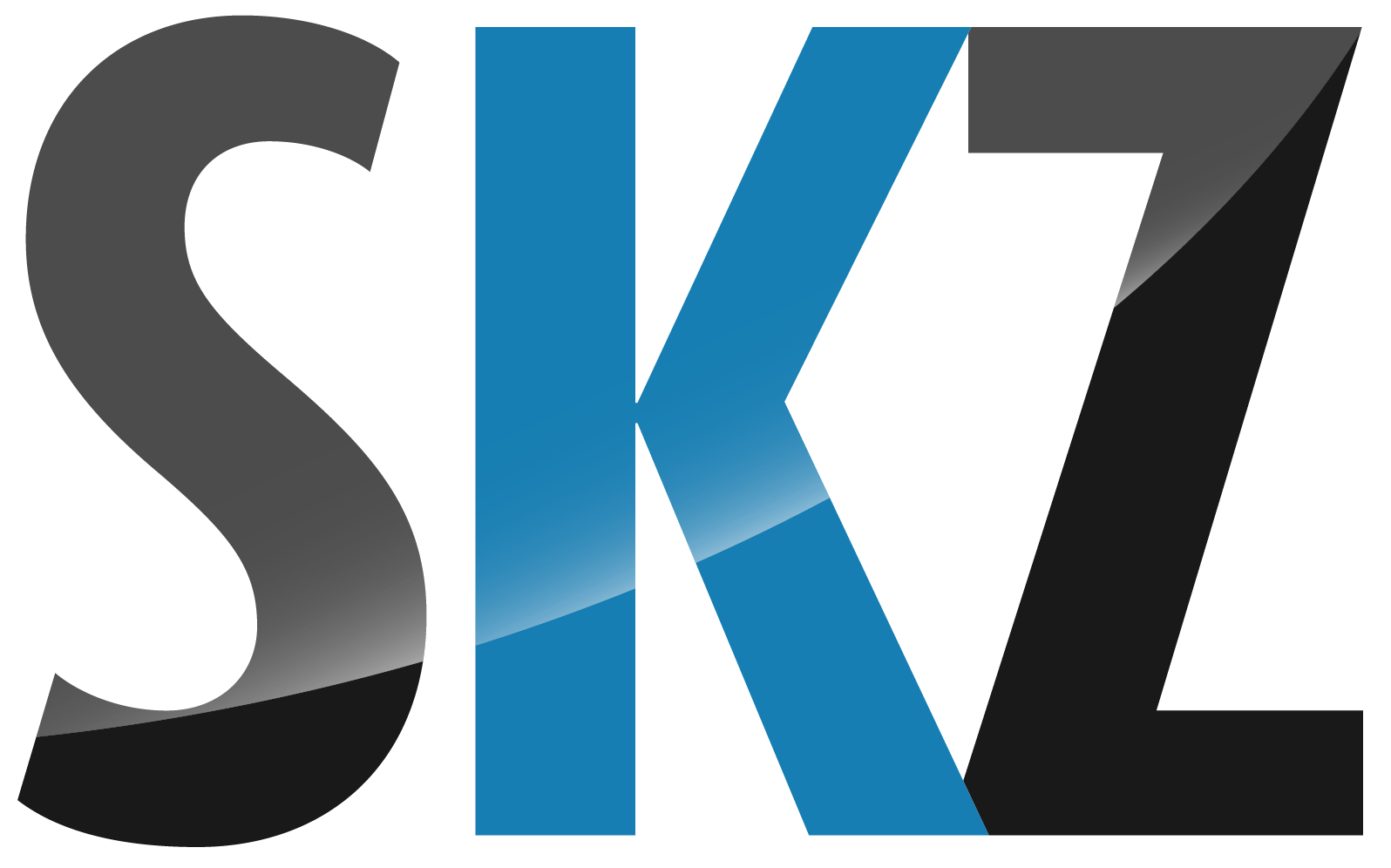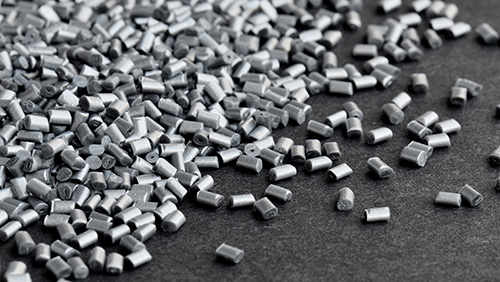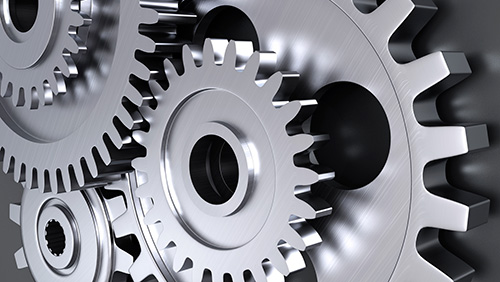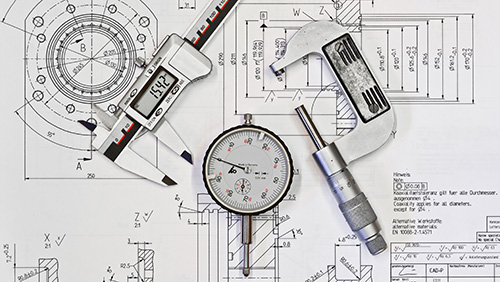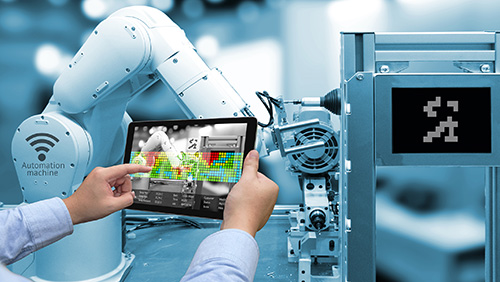Find projects
SurfRec
Surface Characterization and Finishing of Recycled Plastics (SurfRec)
Project duration
From: 01.04.2025 To: 30.09.2027Description
Surface properties of plastics have a decisive influence on many processing operations such as bonding, printing, painting and coating. Plastic surfaces should be free of contamination of an organic and inorganic nature, have good wetting properties and possess appropriate functionalities for adhesion formation. In case of recycled materials, the variations in surface properties compared to virgin materials are exacerbated because additional foreign materials and other polymer types may be added. In plastics recycling, there is currently a lack of quality infrastructure, in particular defined recyclate classes and thus classifications of recyclate surfaces for targeted use with regard to surface processes. The current DIN SPEC 91446:2021-12 classifies plastic recyclates by four data quality levels for commercial and utility purposes. However, mainly mechanical, thermal, compound-specific properties as well as historical data are taken into account and not surface properties as necessary for many companies.
Due to the lack of a classification of plastic recyclate surfaces with regard to surface qualities for surface processing and the prevailing industrial uncertainty of small and medium-sized enterprises (SMEs), the research project aims at a classification definition analogous to the existing DIN SPEC 91446:2021-12. For this purpose, suitable and practicable surface characterization methods are to be screened and evaluated for SMEs with regard to the surface processing operations of painting, bonding and printing. In addition, possible cleaning and surface pretreatment processes for plastic components are to be tested and practical validation trials are to be carried out. Corresponding results are to lead to a classification proposal and recommendations for test methods suitable for industrial use. The results can be directly incorporated into the Circular Economy standardization roadmap.
Contact person:
